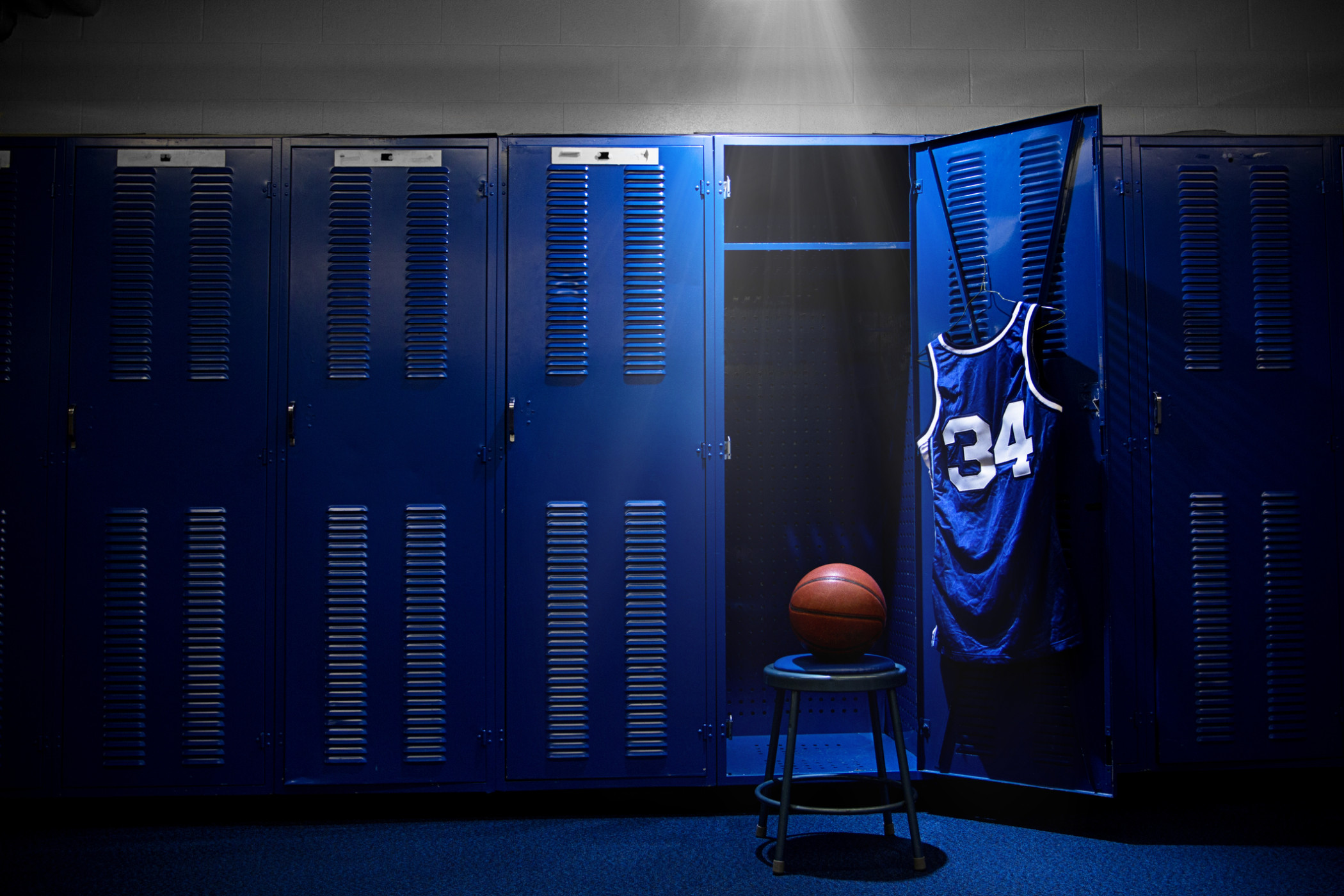Character Development and Sports
There is no reason to have sports at a school if character is not being developed through athletic participation.
Sports provide the best labortory for teaching our kids about character. But, just because our sons or daughters play a sport, does not mean they are learning the lessons of character sports can teach.
Character and Sports
What can athletics teach our young people? If you ask defenders of scholastic athletic programs, they will use words like character, leadership, teamwork, work ethic, and perseverance.
However, these lessons don’t just happen. Someone needs to be teaching these lessons. What are these lessons?
Playing Time
Playing time should not be guaranteed to the most talented players. Many parents accurately see their child as being talented enough to be in the starting rotation.
But have you seen you child’s attitude during practice? Have you seen you child’s attitude in the classroom? Is your child a positive or negative influence on the other players on the team when you are not watching?
Team Captain
Too often, the most gifted players are made captains. If captaincies are awarded based on talent alone, then the coaches are missing the point. Who is the team going to follow?
When a team is led by a talented captain that none of the other players respect off the court, the other players interpret the coach’s message as character is secondary to talent.
Discipline
It is sad when a parent, a coach, or the administration holds a talented kid to a different standard. If the a player arrives at practice late or unprepared, what should happen? Should that answer be different based on talent or the importance of this week’s game?
In all three scenarios the Courage of the the people most responsible for the development of the character through sports is being testing.
Parents, Coaches and the Administration
Who is responsible for making sure young people learn these important character lessons that are inherent in sports? THE ADULTS!
Parents, coaches and the administration at schools carry the weight of insuring character is taught when our kids sign up to represent their schools in athletics. If the adults don’t actively teach character on the playing fields, then sports have no real value in our educational system.
Math, science and the humanities are handled in the classroom. It is a rare school that deliberately develops character in the classroom environment. That model is fine if the athletic department sees character as it’s most important development goal. Unfortunately, that is rarely the case.
The pressure to win often makes coaches and administrations sacrifice character building for winning seasons. They succomb to the pressure and focus on talent. Unfortunately, this pressure often comes from the parents.
If our athletic departments succomb to the pressure to win and place winning before character development, then there truly is no educational value to athletics in our schools.
The Bottom Line
Talent does not insure success – character does.
The fact is, the most talented people do not always win in life. We all know incredibly talented people who consistently underachieve.
If there was a future in sports for the majority of high school athletes, then my premise would be off base. But lets look at the numbers.
How many high school athletes will ever play college sports – at ANY level?
Here are data from the NCAA looking at Division I, II, and III participation combined:
Men:
- Football: 6.5%
- Basketball: 3.4%
- Baseball: 6.9%
Women:
- Soccer: 7.0%
- Basketball: 3.8%
- Volleyball: 3.9%
If we are not preparing 93% of high school athletes for life outside of sports, what is the purpose of spending educational dollars on funding for athletic programs?
The purpose of athletics should be character development. I love sports! I love everything sports can do for our society. But, we seem to have lost the idea that character is the main reason for kids participating in sports.
It’s not up to the kids to figure out character is the most important lesson they will learn from sports. It is up to the adults involved to be teaching them that lesson.
Our children need the adults who are responsible for educating them to take developing character as seriously as they take wins and losses.
Question:
What lessons did you learn from a coach that transferred over to your adult life?

